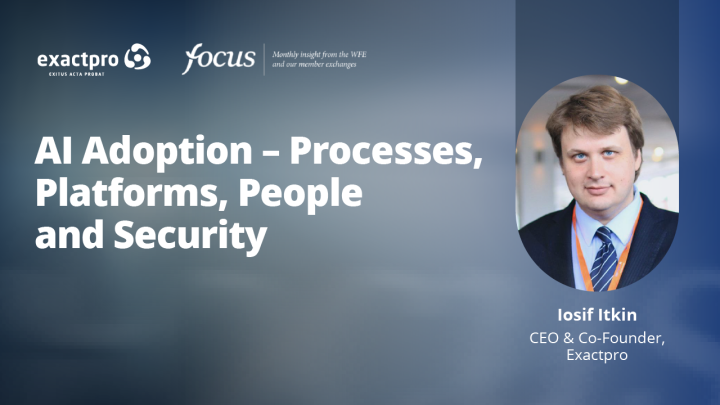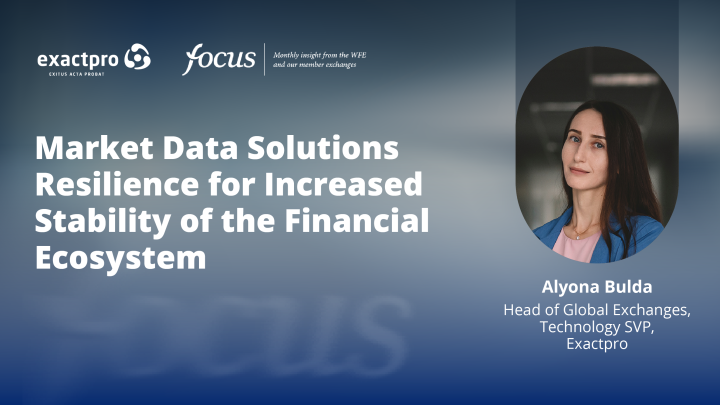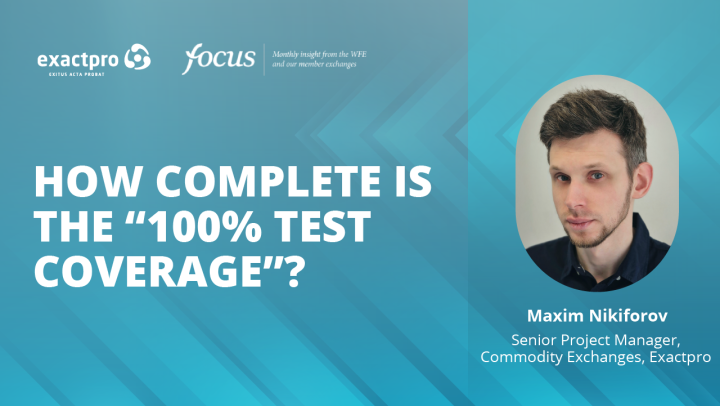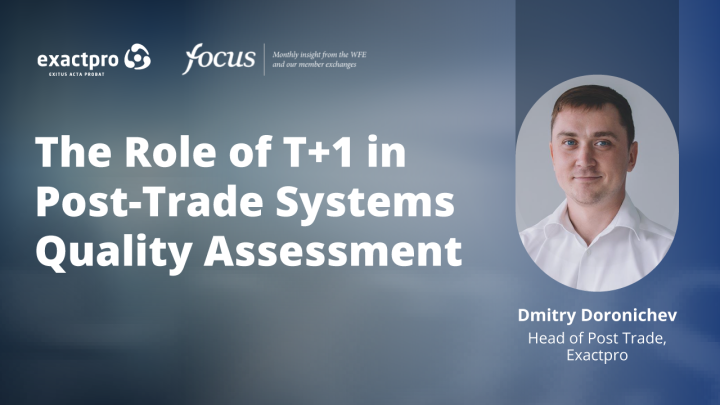Attaining Reliable AI-Driven Decision Systems in FMIs
Financial markets have long relied on technology to be fast, resilient, and trustworthy – for compliance purposes, but also due to a shared understanding of the systemic impact of financial instability in interconnected infrastructure. Matching engines, market data, and clearing and settlement systems undergo rigorous testing because livelihoods, economies, and market integrity depend on them. With AI-enabled systems becoming embedded in enterprise-level tasks – across sectors, but in finance in particular – the safety guardrails should be as strong as ever, if not stronger.





